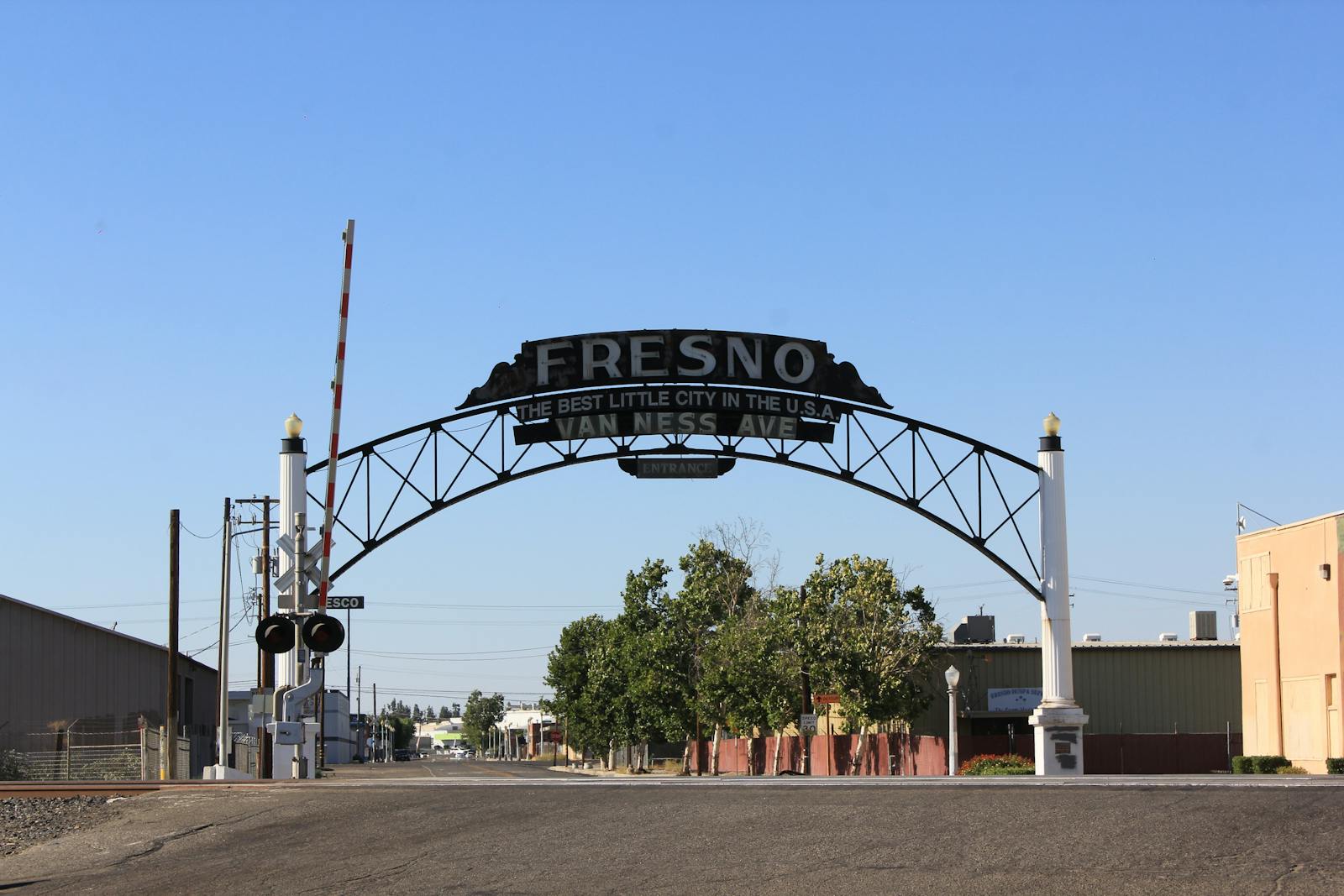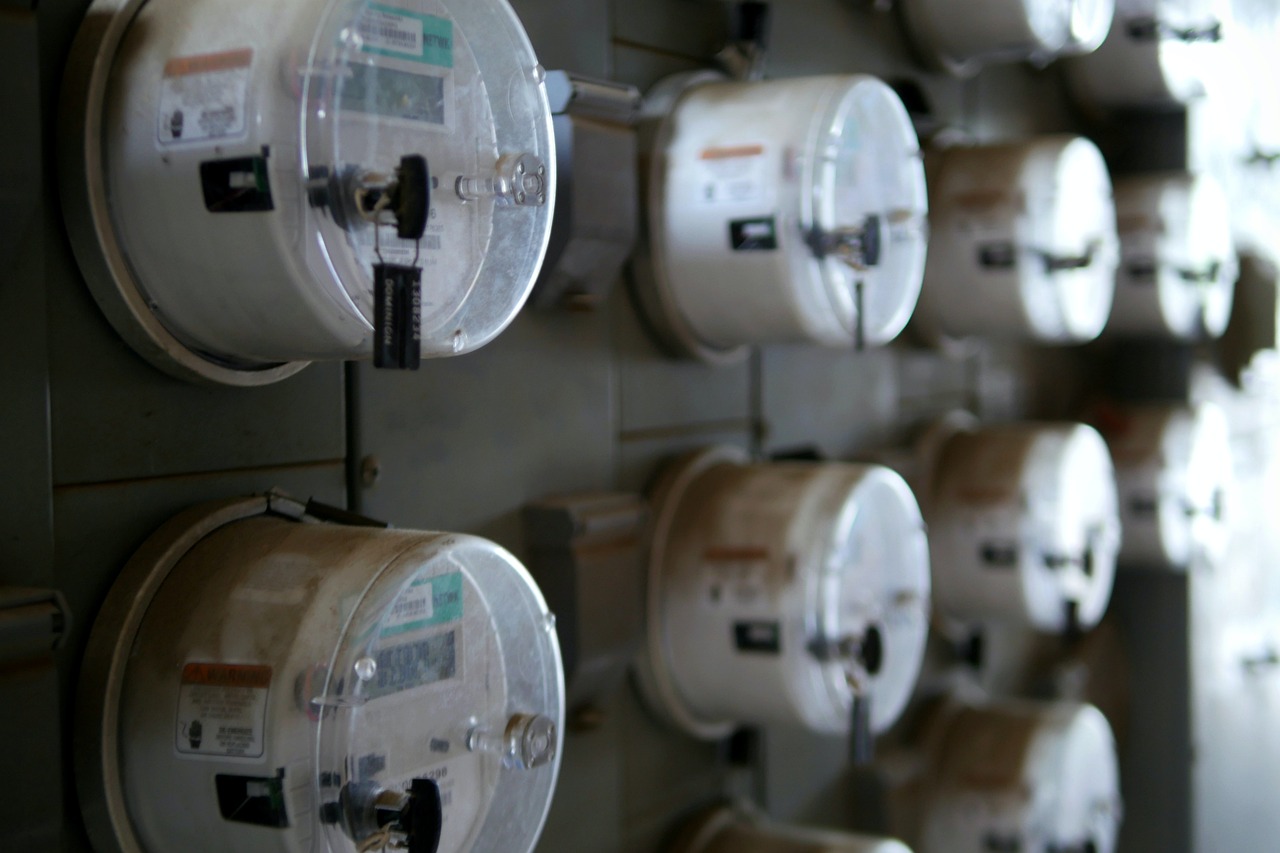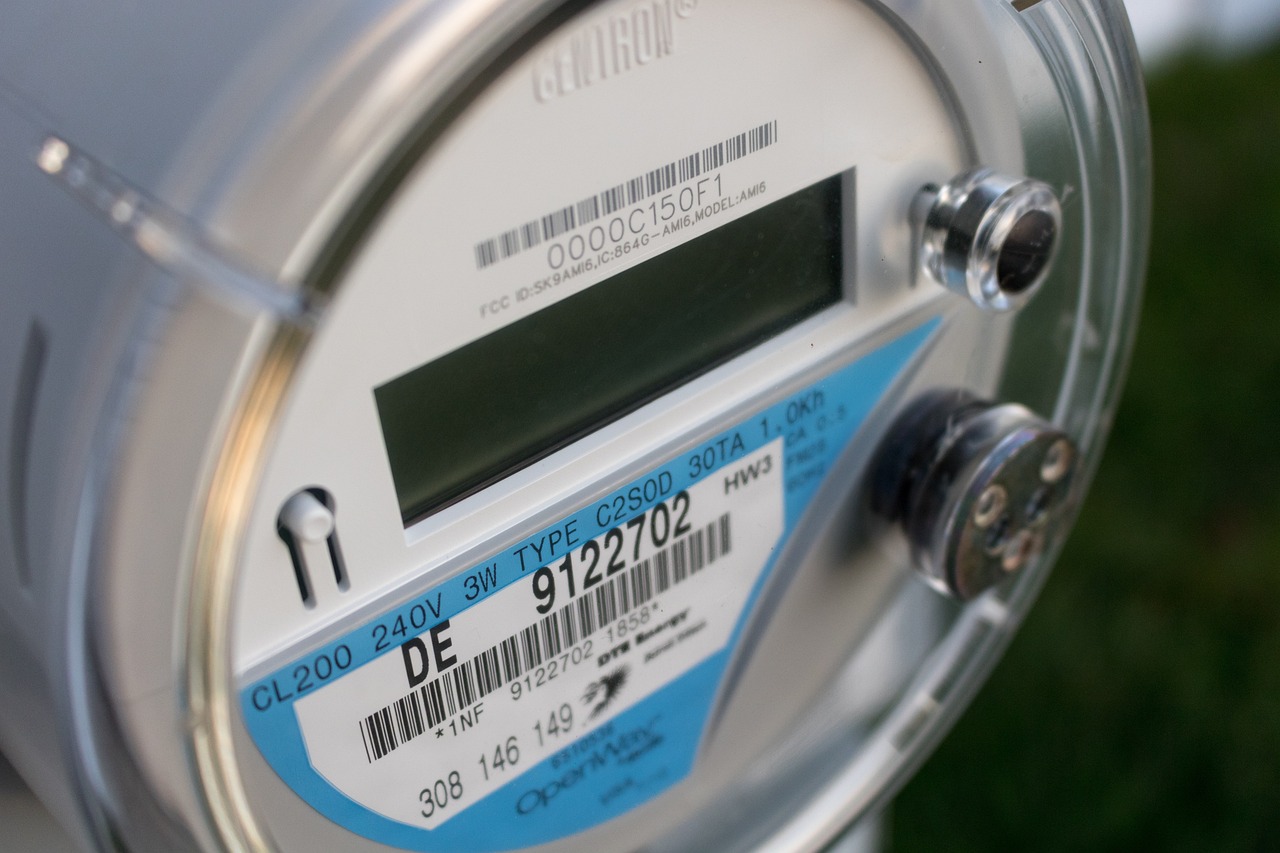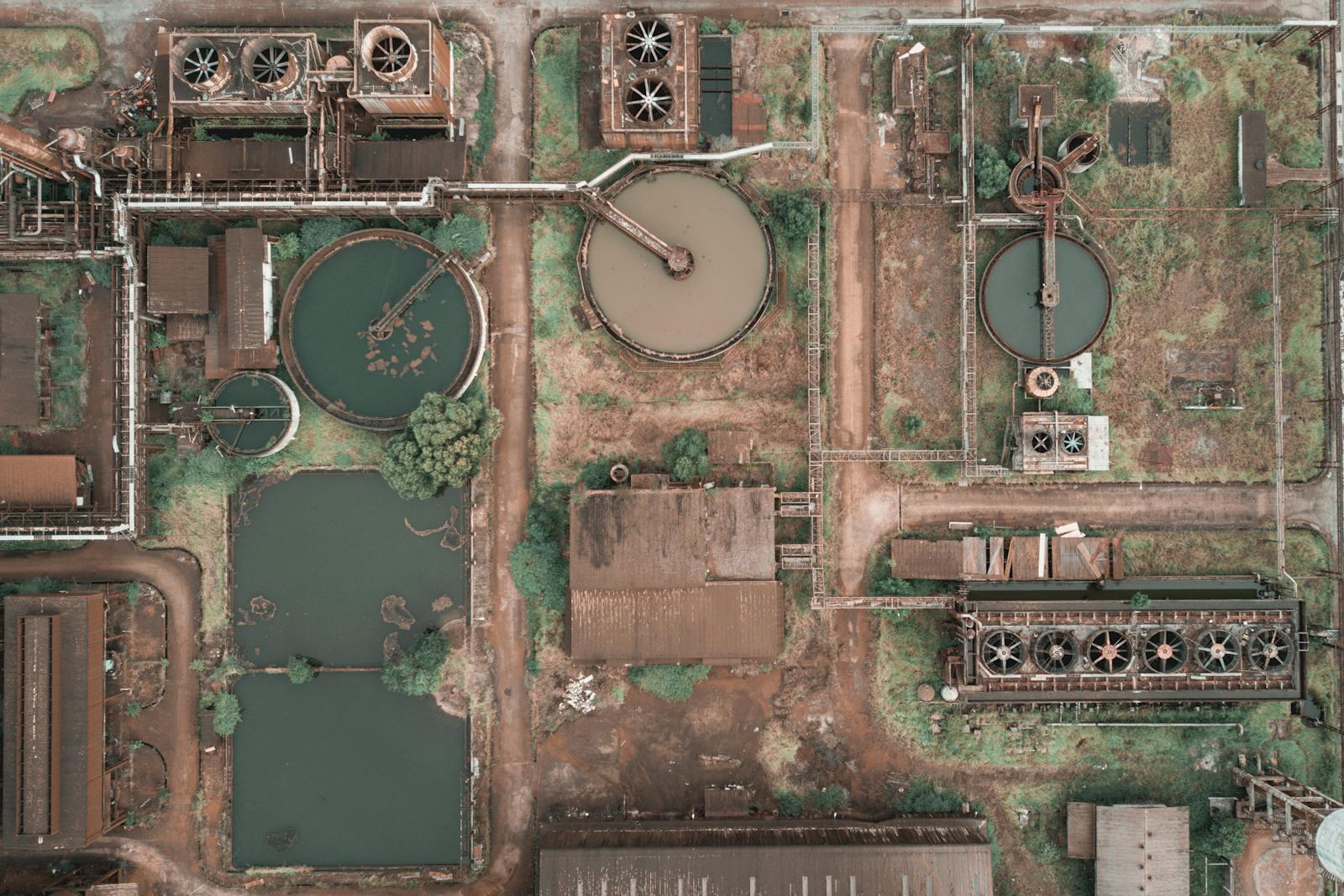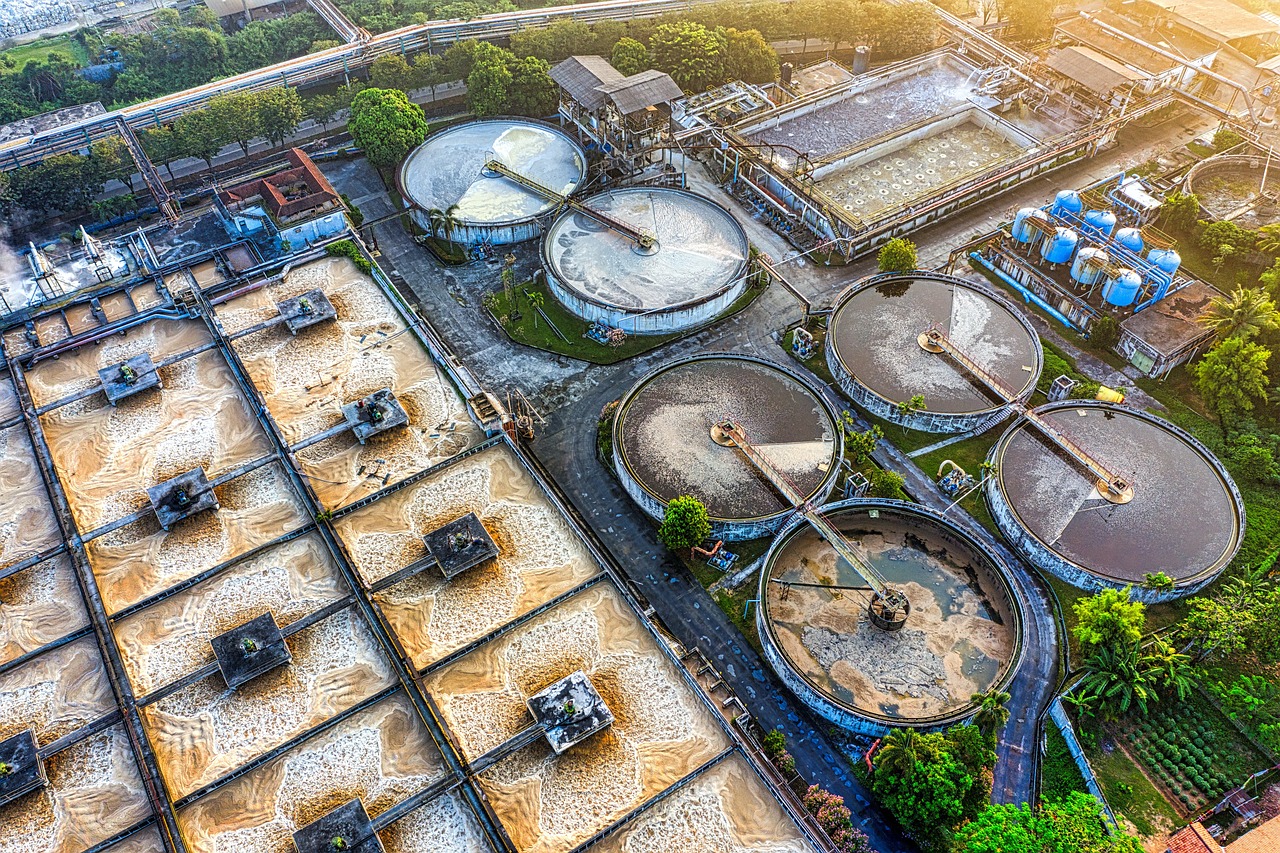Fresno Water Insights
Overall Score
Fresno Water Insights
Overall Score
Fresno Water Insights
✅ Overall Score
🏙️ Urban Planning Score
🌊 Flood Zones Management
📏 Water Levels
🏞️ Lakes and Reservoirs
🏖️ Beaches Score
🔧 Water Technologies
🏭 Desalination Plants
🌧️ Rain Capture Systems
🏞️ Rivers Score
🌊 Dams Score
🚰 Drainage Score
🌿 Sustainability Score
🌡️ Climate Vulnerability Score
💦 Water Quality Score
🌊 Water Flow Score
⚖️ Water Rights Score
🎣 Fishing Score
🚣 Recreation Score
☁️ Weather Patterns Score
🐟 Aquatic Life Score
🚢 Shipping and Ports Score
🏗️ Infrastructure Score
🌱 Native Flora Score
🦆 Wetlands Score
🏡 Residential Water Use
🏢 Commercial Water Use
🏥 Public Health Score
🗺️ Geographic Features Score
🛑 Water Restrictions Score
📊 Water Usage Statistics
🌐 Global Impact Score
📚 Educational Programs Score
🤝 Community Engagement
🏆 Awards and Recognition
📜 Historical Sites Score
🚨 Emergency Preparedness
🌈 Water Conservation Score
🛒 Water Market Score
🌍 Continent
North America
🚩 Country
United States of America
👥 Population
Approximately 542,107 as of 2020
💧 Water Management System
Managed by the City of Fresno’s Water Division, overseeing surface and groundwater resources.
🌊 Flood Zones
Identified and managed by the Fresno County Public Works and Planning Department.
📏 Water Levels
Monitored by the California Data Exchange Center, especially for reservoirs and rivers.
✈️ Living & Working Remotely
🏞️ Lakes and Reservoirs
Includes Millerton Lake and Pine Flat Reservoir, crucial for water storage and recreation.
🏖️ Beaches
While Fresno is inland, nearby lakes offer recreational beaches. Checkout CoolContrast
🔧 Water Technologies
Utilizes advanced water treatment and groundwater recharge systems.
🏭 Desalination Plants
None; Fresno relies on surface and groundwater sources.
🌧️ Rain Capture Systems
Encourages rainwater harvesting for conservation.
🏞️ Rivers
The San Joaquin River flows near Fresno, vital for the region’s water supply.
🌊 Dams
Friant Dam on the San Joaquin River is significant for water storage.
🚰 Drainage Systems
Managed by the Fresno Metropolitan Flood Control District to prevent urban flooding.
🌿 Sustainability Initiatives
Includes the Sustainable Groundwater Management Act (SGMA) compliance.
🌡️ Climate Vulnerability
Faces challenges like droughts and reduced snowpack affecting water supply.
💦 Water Quality Index
Maintained by the City of Fresno, ensuring safe drinking water standards. Go to Tap Water to learn more.
🌊 Water Flow Rate
Monitored for rivers and canals, especially during irrigation seasons.
⚖️ Water Rights and Regulations
Governed by state laws and local water districts.
🎣 Fishing Conditions
Available in local lakes and the San Joaquin River.
🚣 Recreational Water Activities
Boating and fishing are popular in nearby lakes.
☁️ Weather Patterns
Characterized by hot summers and mild, wet winters.
🐠 Aquatic Life
Includes species like bass and trout in local water bodies.
🚢 Shipping and Ports
Not applicable; Fresno is inland without direct port access.
🏗️ Water Infrastructure
Comprises treatment plants, pipelines, and recharge basins.
🌱 Native Flora
Features oak woodlands and chaparral in surrounding areas.
🦆 Wetlands
Nearby areas like the San Luis National Wildlife Refuge support wetland ecosystems.
🏡 Residential Water Usage
Subject to conservation measures, especially during droughts.
🏢 Commercial Water Usage
Includes agricultural irrigation, a significant water consumer.
🏥 Public Health and Water
Ensured through regular water quality monitoring and treatment.
🗺️ Geographic Features
Located in the San Joaquin Valley, part of California’s Central Valley.
🛑 Water Restrictions
Implemented during drought periods to manage limited resources.
📊 Water Usage Statistics
Tracked by the City of Fresno for planning and conservation.
🌐 Impact on Global Water
Contributes to agricultural exports, affecting global food and water resources.
📚 Water Education Programs
Offered to promote conservation and sustainable practices.
🤝 Community Engagement in Water Conservation
Encouraged through local initiatives and workshops.
🏆 Awards and Recognition for Water Stewardship
Recognized for efforts in water conservation and management.
📜 Historical Water Sites
Includes historic canals and irrigation systems.
🚨 Emergency Water Preparedness
Plans in place for droughts and contamination events.
🌈 Water Conservation Efforts
Ongoing programs to reduce usage and promote efficiency.
🛒 Water Market and Economy
Water is vital for Fresno’s agriculture-driven economy.
💼 Economic Impact of Water
Central to the region’s agricultural productivity and employment.
Community and Education in Fresno’s Water Management
Fresno places a strong emphasis on engaging the community and promoting education to support sustainable water management. Through public programs, workshops, and partnerships, the city empowers residents to make informed decisions about water conservation and quality.
Water Education Programs
Fresno offers educational initiatives such as the Water Conservation Program, which provides residents with resources to reduce water use. Schools participate in environmental education programs, teaching students about the importance of water stewardship through interactive activities and classroom materials.
Community Involvement
Local organizations and city departments frequently host workshops and events on topics like drought-tolerant landscaping, rainwater harvesting, and efficient irrigation practices. Programs like Smart Irrigation Rebates encourage homeowners to adopt water-efficient systems.
Think Water Fresno
This public awareness campaign educates residents about Fresno’s water challenges and encourages conservation practices. It includes outreach through social media, public service announcements, and community events.
Collaborative Partnerships
Fresno collaborates with local nonprofits, schools, and businesses to promote water sustainability. These partnerships support projects like wetland restoration, urban forest expansion, and stormwater management.
Public Engagement in Policy
Fresno actively seeks public input on water policies, hosting town halls and forums to discuss issues like groundwater management, conservation measures, and drought response plans. This approach fosters transparency and community trust.
Rebates and Incentives
Rebate programs for installing water-efficient appliances, landscaping, and rain barrels incentivize conservation while educating the public on sustainable practices.
Urban Planning and Water Management in Fresno, CA
Fresno’s urban planning incorporates water management strategies to address the region’s semi-arid climate, growing population, and agricultural demands. The city emphasizes sustainable development, efficient water use, and resilient infrastructure to ensure long-term water security.
Smart Growth and Land Use
Fresno follows a Smart Growth Plan that focuses on compact, mixed-use developments. This reduces urban sprawl, minimizes water infrastructure demands, and supports efficient resource management in residential, commercial, and industrial zones.
Water-Efficient Infrastructure
Urban planning integrates low-impact development (LID) techniques, such as permeable pavements, bioswales, and green roofs, to improve stormwater management. These systems help reduce urban runoff, recharge groundwater, and prevent flooding.
Stormwater and Flood Management
The Fresno Metropolitan Flood Control District oversees stormwater infrastructure, including retention basins and drainage systems, to manage flood risks and capture water during heavy rainfall. These systems are designed to direct water into recharge basins, replenishing the local aquifers.
Sustainable Landscaping
Urban planning policies promote the use of drought-resistant and native plants in public spaces, parks, and new developments. This reduces outdoor water use while enhancing the city’s aesthetic and environmental health.
Groundwater Sustainability
Under California’s Sustainable Groundwater Management Act (SGMA), Fresno implements measures to protect and manage groundwater resources. Urban planning aligns with these goals by incorporating recharge basins and monitoring systems to maintain aquifer health.
Public Transit and Water Conservation
Expanding public transportation options reduces the need for extensive road construction and maintenance, which are water-intensive. Projects like the Bus Rapid Transit (BRT) System indirectly support water conservation by decreasing the urban heat island effect and improving water runoff patterns.
Integration with Agriculture
Fresno’s urban planning accounts for its agricultural backbone by maintaining irrigation infrastructure and balancing urban water demands with farming needs. This includes ensuring efficient water allocation for both residential and agricultural uses.
Climate Resilience in Urban Design
Fresno incorporates climate adaptation strategies, such as improving cooling systems in urban areas and ensuring reliable water delivery during extreme heat and droughts. These plans help safeguard both the population and water resources against climate change impacts.
Sustainability and Conservation in Fresno’s Water Management
Fresno has implemented comprehensive sustainability and conservation initiatives to address its reliance on groundwater, growing population, and vulnerability to drought. These efforts focus on reducing water waste, protecting natural resources, and promoting long-term water security.
Groundwater Sustainability
Fresno complies with the Sustainable Groundwater Management Act (SGMA), which mandates sustainable use of groundwater resources. Recharge basins and monitoring systems are used to replenish aquifers and prevent over-extraction, ensuring a stable water supply for future generations.
Drought-Tolerant Landscaping
The city promotes drought-tolerant and native landscaping to reduce outdoor water use. Rebates are offered for replacing lawns with low-water-use plants and installing drip irrigation systems, conserving significant amounts of water in residential and commercial areas.
Rainwater Harvesting
Fresno encourages rainwater harvesting through rebate programs and workshops. Residents and businesses are incentivized to install rain barrels and cisterns, capturing rainfall for outdoor use and reducing reliance on municipal water supplies.
Water Recycling Initiatives
The city operates a tertiary-treated recycled water system to supply non-potable water for landscaping, industrial processes, and irrigation. Expanding the use of recycled water reduces the demand for fresh water while conserving resources.
Public Awareness Campaigns
Programs like Think Water Fresno educate residents about water conservation through workshops, school programs, and outreach events. These campaigns encourage water-saving behaviors, such as fixing leaks, using water-efficient appliances, and adhering to watering schedules.
Agricultural Water Efficiency
As a hub for agriculture, Fresno collaborates with farmers to promote efficient irrigation practices like drip irrigation and precision farming. These methods minimize water waste while maintaining crop productivity, balancing agricultural needs with urban demands.
Stormwater Management
Fresno integrates low-impact development (LID) techniques, such as bioswales and permeable pavements, to capture stormwater and recharge groundwater. This approach reduces urban runoff and pollution while increasing water availability.
Rebate and Incentive Programs
The city offers rebates for installing water-efficient appliances, smart irrigation controllers, and rainwater harvesting systems. These incentives encourage residents and businesses to adopt sustainable practices.
Public Health and Water Management in Fresno, CA
Fresno’s water management system prioritizes public health by ensuring access to safe, clean, and reliable drinking water. Through advanced treatment processes, rigorous testing, and community outreach, the city maintains high water quality standards to protect the well-being of its residents.
Ensuring Safe Drinking Water
Fresno’s water undergoes rigorous treatment at city-operated facilities to meet or exceed EPA and California State safety standards. Processes such as filtration, disinfection, and contaminant removal ensure the water supply is free from harmful substances like bacteria, viruses, and heavy metals.
Comprehensive Water Testing
The city performs frequent water quality testing, monitoring for potential contaminants like lead, nitrates, and trihalomethanes (THMs). Annual Consumer Confidence Reports (CCRs) are published to keep residents informed about water safety and compliance with regulations.
Microbial and Chemical Safety
Advanced disinfection methods, including chlorination and ultraviolet (UV) treatment, ensure the elimination of microbial pathogens. Fresno’s water system also monitors and adjusts chemical levels, such as chlorine and fluoride, to maintain both safety and effectiveness.
Fluoride for Dental Health
Fresno adds fluoride to its water supply at levels recommended by the Centers for Disease Control and Prevention (CDC) to promote dental health and prevent tooth decay.
Public Health Education
Educational initiatives teach residents about safe water use and conservation practices. Programs focus on topics like preventing backflow contamination, proper storage of drinking water, and the importance of regular plumbing maintenance.
Emergency Preparedness
Fresno has contingency plans in place to respond to water-related emergencies, such as contamination incidents or infrastructure failures. Backup water supplies and emergency protocols ensure continued access to clean water during crises.
Stormwater and Health Protections
Efforts to manage stormwater runoff reduce pollutants entering local rivers and reservoirs, minimizing risks to public health. Programs like Think Water Fresno promote community awareness of the impact of pollution on drinking water and recreational waterways.
Infrastructure and Technology in Fresno’s Water Management
Fresno’s water management system is supported by robust infrastructure and innovative technology to ensure efficient and sustainable delivery of water to its residents and industries. The city continues to modernize its facilities and adopt advanced technologies to address water challenges, including drought and population growth.
Advanced Water Treatment Facilities
Fresno operates modern water treatment plants that use multi-stage filtration, chlorination, and ultraviolet (UV) disinfection to purify water. These facilities ensure compliance with stringent EPA and California State water quality standards.
Groundwater Recharge Systems
To combat groundwater depletion, Fresno has implemented recharge basins that collect and store stormwater and treated wastewater. These systems help replenish aquifers, ensuring a sustainable water supply for future generations.
Smart Water Meters
Fresno uses smart meter technology to track real-time water usage across residential, commercial, and agricultural sectors. This technology enables efficient water monitoring, leak detection, and billing accuracy, while encouraging water conservation.
Stormwater Management Infrastructure
The city’s stormwater system includes retention basins, drainage channels, and bioswales to manage urban runoff. These systems reduce flooding risks, improve water quality, and direct stormwater into groundwater recharge basins.
Water Recycling Systems
Fresno employs tertiary-treated recycled water systems to supply non-potable water for landscaping, industrial processes, and irrigation. Expanding the use of recycled water reduces demand on the city’s potable water supply.
Pipeline and Distribution Networks
An extensive network of pipelines, pumping stations, and reservoirs ensures efficient water delivery across the city. Regular maintenance and upgrades keep the system reliable and minimize water loss.
Low-Impact Development (LID)
Fresno integrates LID techniques, such as permeable pavements and green infrastructure, into urban development projects. These features manage stormwater on-site, reducing runoff and replenishing local aquifers.
Data-Driven Water Management
Fresno leverages data analytics to optimize water distribution and resource allocation. Real-time monitoring systems track water flow, usage patterns, and infrastructure performance, allowing for proactive maintenance and decision-making.
Energy Efficiency in Water Operations
Efforts to reduce energy consumption include upgrading pumps and integrating renewable energy sources, such as solar power, into water treatment and distribution systems. These measures lower the environmental impact of Fresno’s water infrastructure.
Water Management System in Fresno, CA
Fresno’s water management system is designed to address the city’s reliance on groundwater, semi-arid climate, and agricultural demands. By leveraging diverse water sources, advanced treatment processes, and innovative conservation programs, Fresno ensures a sustainable and reliable water supply for its residents and industries.
Diverse Water Sources
Fresno’s water supply comes from a combination of surface water and groundwater:
- Groundwater: The primary water source, extracted from aquifers through wells, providing the majority of the city’s supply.
- Surface Water: Supplemented by treated water from the Kings River, San Joaquin River, and Pine Flat Reservoir, distributed via local canals.
Groundwater Sustainability
Under the Sustainable Groundwater Management Act (SGMA), Fresno implements recharge basins to replenish aquifers with stormwater and treated water. These efforts combat groundwater depletion and ensure long-term water availability.
Water Treatment Facilities
Fresno operates advanced treatment plants that use filtration, chlorination, and UV disinfection to provide safe drinking water. These facilities ensure compliance with EPA and California State standards, guaranteeing water safety and quality.
Stormwater Management
The Fresno Metropolitan Flood Control District oversees stormwater infrastructure, including retention basins and drainage systems, to manage urban runoff. Captured stormwater is redirected into recharge basins, supporting groundwater sustainability while reducing flood risks.
Water Recycling Initiatives
The city utilizes tertiary-treated recycled water for non-potable purposes such as irrigation, industrial processes, and landscaping. Expanding recycled water use reduces the demand on potable water supplies and supports sustainability goals.
Public Education and Conservation Programs
Fresno encourages residents to conserve water through programs like Think Water Fresno, which promotes efficient water use, drought-resistant landscaping, and leak detection. Rebates for water-saving appliances and smart irrigation systems incentivize conservation.
Emergency Preparedness
Fresno has plans in place to address water emergencies, such as droughts, contamination, or infrastructure failures. Backup systems and emergency protocols ensure continued access to water during crises.
Innovative Technologies
The city employs smart meters for real-time water monitoring, leak detection, and efficient billing. Data-driven systems optimize water distribution, reduce waste, and enhance overall system performance.
Water Resource Availability in Fresno, CA
Fresno’s water resource availability is shaped by its semi-arid climate, heavy reliance on groundwater, and the agricultural demands of California’s Central Valley. The city employs a multifaceted approach to manage its water resources sustainably and ensure long-term availability.
Groundwater as a Primary Source
Groundwater is Fresno’s main water source, drawn from the Kings Subbasin Aquifer. However, decades of over-extraction have led to groundwater depletion, prompting the city to implement recharge basins and comply with the Sustainable Groundwater Management Act (SGMA) to stabilize aquifer levels.
Surface Water Resources
Fresno also relies on surface water from the Kings River, San Joaquin River, and Pine Flat Reservoir. These sources are treated and distributed for urban use, supplementing groundwater supplies during wetter years.
Recharge Basins
To replenish groundwater, Fresno has developed an extensive system of recharge basins that capture stormwater and excess surface water. These basins store water underground, ensuring availability during dry periods.
Rainwater and Stormwater Capture
Rainfall in Fresno averages about 11 inches per year, making rainwater a limited resource. However, the city encourages rainwater harvesting and uses stormwater infrastructure to direct runoff into recharge basins, minimizing waste.
Water Recycling Initiatives
Fresno operates tertiary water treatment facilities that recycle wastewater for non-potable uses such as irrigation, landscaping, and industrial processes. This reduces pressure on freshwater supplies and supports sustainability goals.
Environmental Impact of Water Management in Fresno, CA
Fresno’s water management practices have a significant environmental impact, shaped by its reliance on groundwater, agricultural demands, and efforts to balance urban and natural ecosystem needs. While the city has implemented innovative solutions to mitigate negative effects, challenges like groundwater depletion, habitat disruption, and energy use remain.
Positive Environmental Contributions
- Groundwater Recharge: Fresno’s use of recharge basins helps combat aquifer depletion, supporting long-term sustainability and reducing land subsidence caused by over-pumping.
- Water Recycling: By reusing treated wastewater for irrigation and landscaping, the city conserves freshwater resources and reduces the environmental strain of sourcing additional water.
- Stormwater Management: Infrastructure like bioswales and permeable pavements captures and filters urban runoff, reducing pollution in local rivers and aquifers.
- Drought-Tolerant Landscaping: Fresno encourages the use of native and drought-resistant plants, which require less water and help maintain local biodiversity.
- Wetland Protection: Restoration projects in nearby wetland areas, such as the San Luis National Wildlife Refuge, protect critical habitats and improve water quality.
Environmental Challenges
- Groundwater Depletion: Over-reliance on groundwater for urban and agricultural use has led to declining water tables and land subsidence, disrupting ecosystems and reducing future water availability.
- Energy Use: Pumping and treating water, particularly from deep aquifers, requires significant energy, contributing to greenhouse gas emissions.
- Habitat Disruption: The construction of dams, reservoirs, and canals alters natural river flows, impacting aquatic and riparian habitats.
- Urban Runoff Pollution: Despite improvements, stormwater runoff can carry pollutants like fertilizers, pesticides, and oil into local waterways, threatening water quality and aquatic life.
Mitigation and Conservation Strategies
- Renewable Energy Integration: Fresno is exploring the use of solar and other renewable energy sources to power water pumping and treatment systems, reducing the carbon footprint of its water management practices.
- Public Education Campaigns: Initiatives like Think Water Fresno raise awareness about conservation and pollution prevention, encouraging residents to adopt sustainable practices.
- Sustainable Agriculture Practices: Collaborations with local farmers promote efficient irrigation methods like drip irrigation and soil moisture monitoring to reduce water waste and minimize environmental impact.
- Habitat Restoration: Efforts to restore wetland areas and riparian zones help offset the ecological impact of water infrastructure projects, supporting wildlife and improving water quality.
More Fresno Water Insights & Management
Get notified on new water management news, updates & advancements in Fresno.
Shop Books, eBooks, Audiobooks
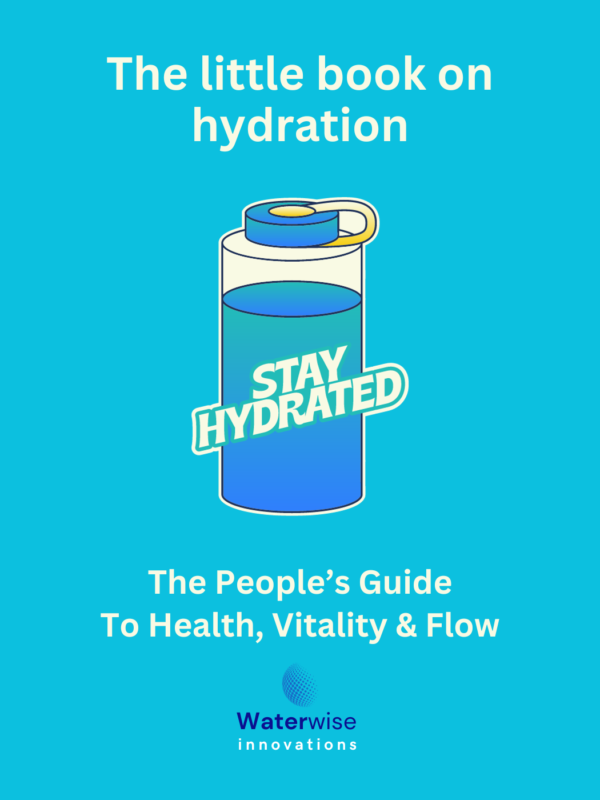
The Little Book on Hydration: The People’s Guide To Health, Vitality & Flow (Audiobook)
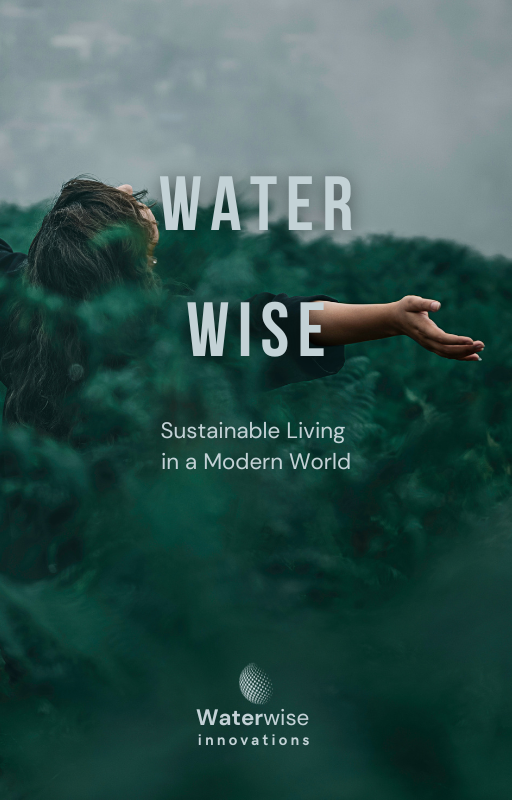
Water Wise: Sustainable Living in a Modern World
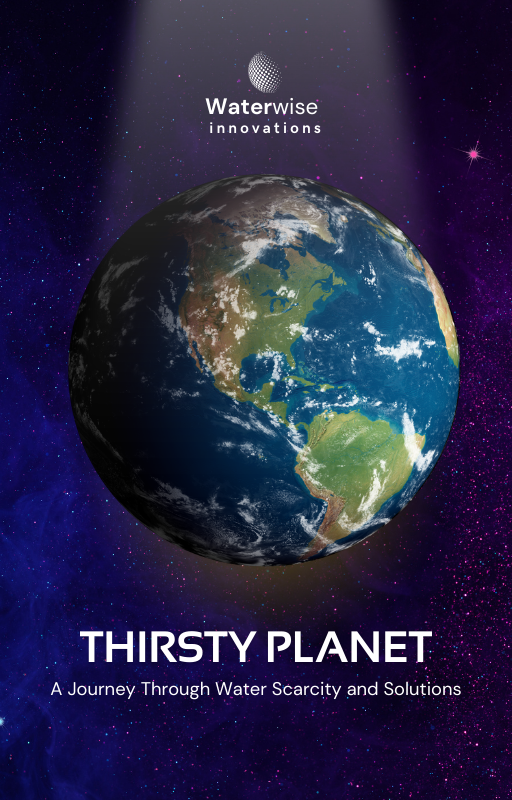
Thirsty Planet: A Journey Through Water Scarcity and Solutions
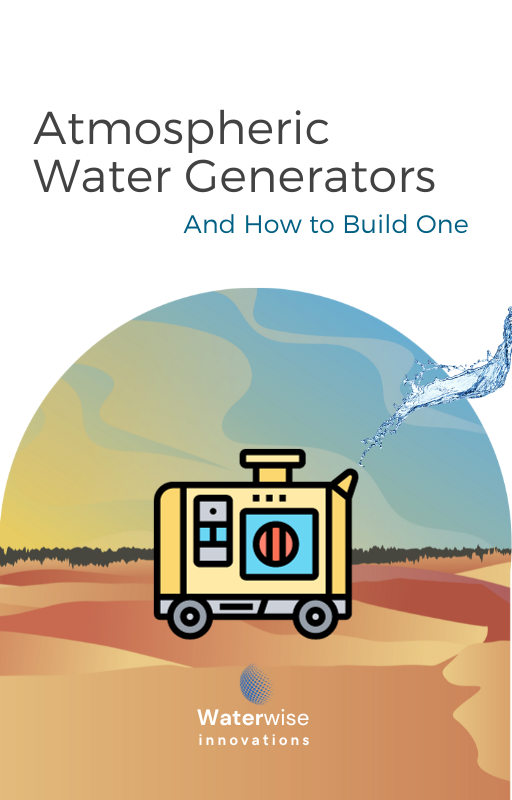
Atmospheric Water Generators: And How to Build One
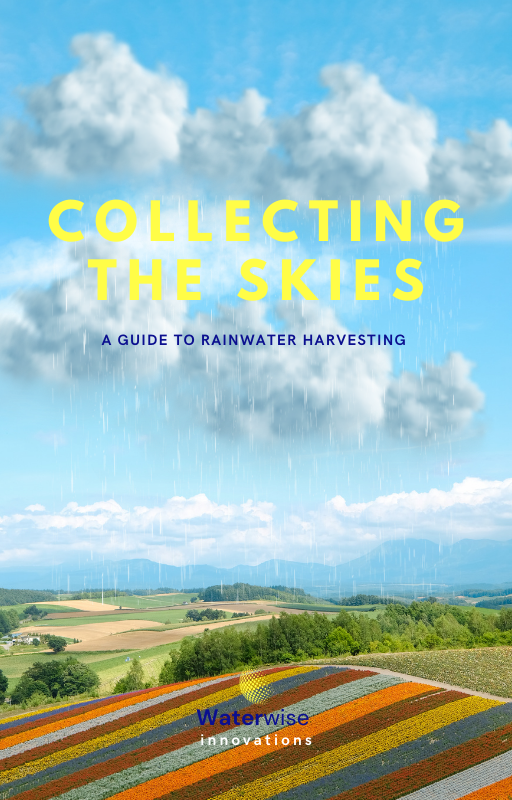
Collecting the Skies: A Guide to Rainwater Harvesting

The Little Book on Hydration: The People’s Guide To Health, Vitality & Flow
Reviews of Fresno Water Management
There are no reviews yet. Be the first one to write one.
There are no reviews yet. Be the first one to write one.


